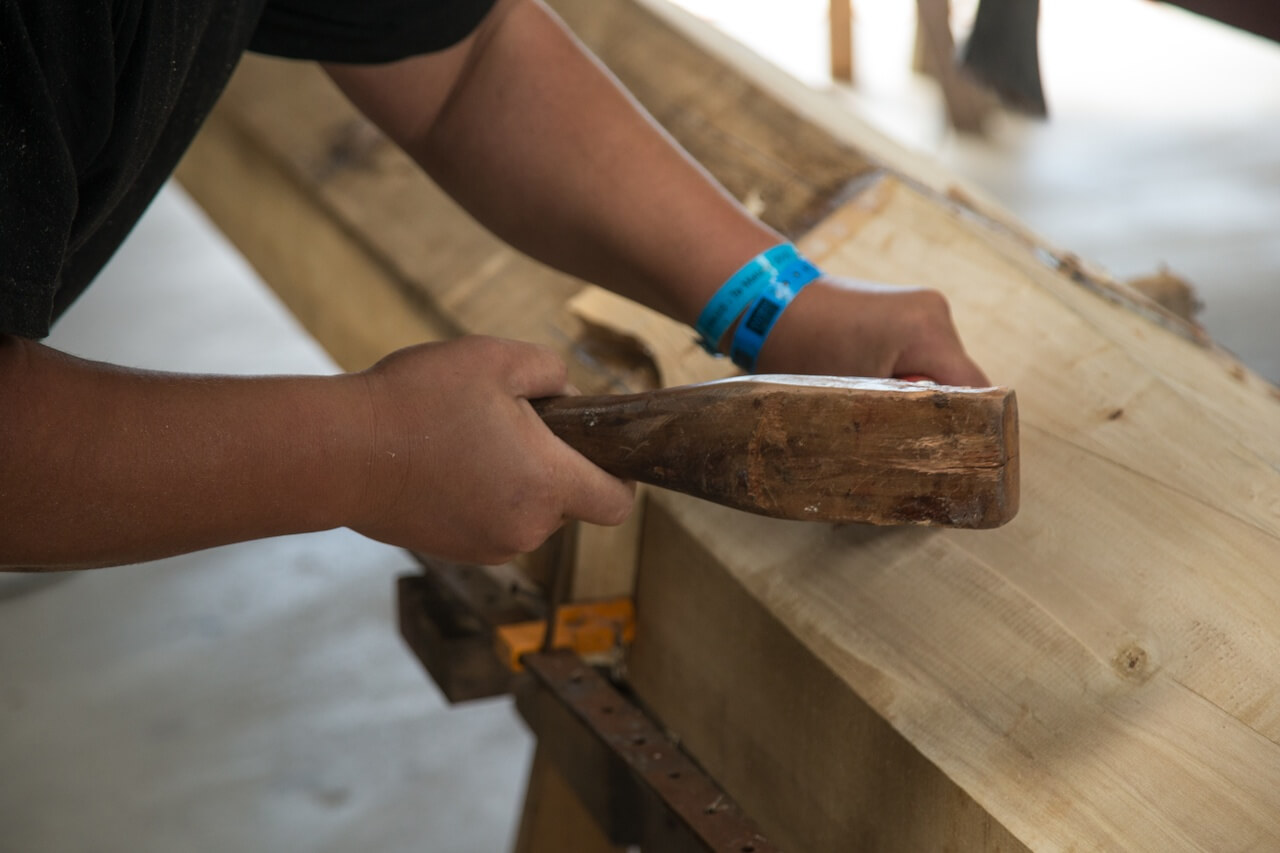Te Timatanga - Origins
Māori are Indigenous to Aotearoa, and are iwi (tribal) peoples who maintain various origin histories to the land, mists, forests, stars, and oceans. One common origin refers to the separation of Ranginui and Papatuanuku. These ancestors are part of our genealogical (whakapapa) origins and connects us to beginning points in the heavens and earth, and the natural and spiritual worlds.
Waka migrations, discovery, and voyaging are also recounted regularly in Māori origin histories. Despite a scientific preference for Māori arrival in Aotearoa from 1300 AD onward, iwi histories are not the sum totals of dates and archaeological evidence. They do, however, acknowledge connections to the Pacific, to Rarotonga, Raiatea, and the many Hawaiiki’s that serve as tribal origin points with specific reference to ancestors like Toi, Paikea, Tamatekapua, Kupe, Hoturoa and many others.
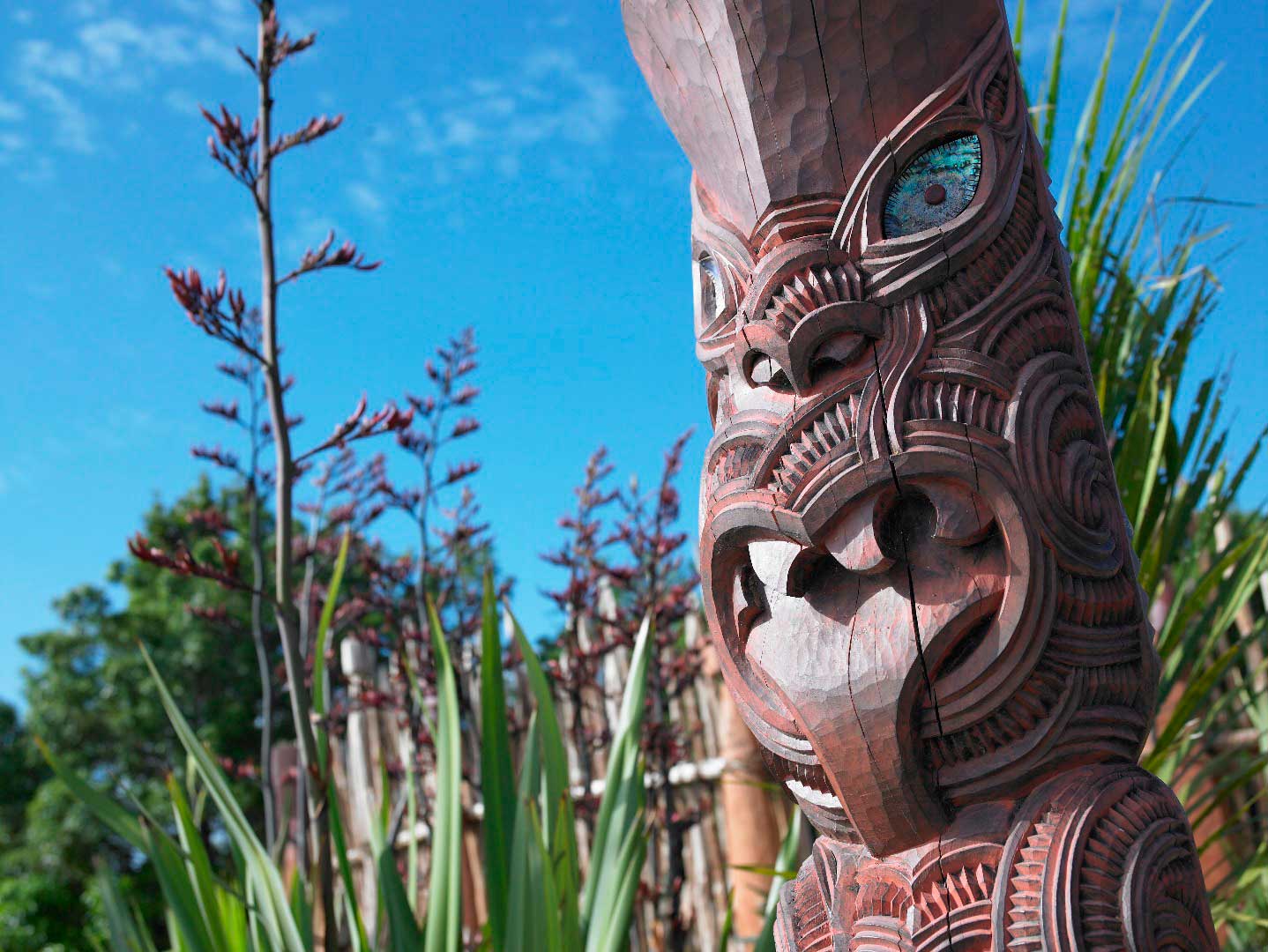
Foundations in Iwi Tribal History
Māori people have been here for centuries before the arrival of the European. They named the rivers and valleys, birds, wildlife, flora and fauna, and all the far reaches of these shores and islands. Tribes intermarried, fought over territory and have been infamously referred to as ‘warriors’, but were also gardeners, expert divers, hunters, healers, lovers, debaters and strategists.
Iwi exercised their own laws over their territories, and are still today complex communities shaped by families and hapū (kin groups). By the time Europeans arrived, these tribes had deeply sophisticated identities and histories. They had their own dialects and accents, but all spoke what is now considered te reo Māori (the Māori language).
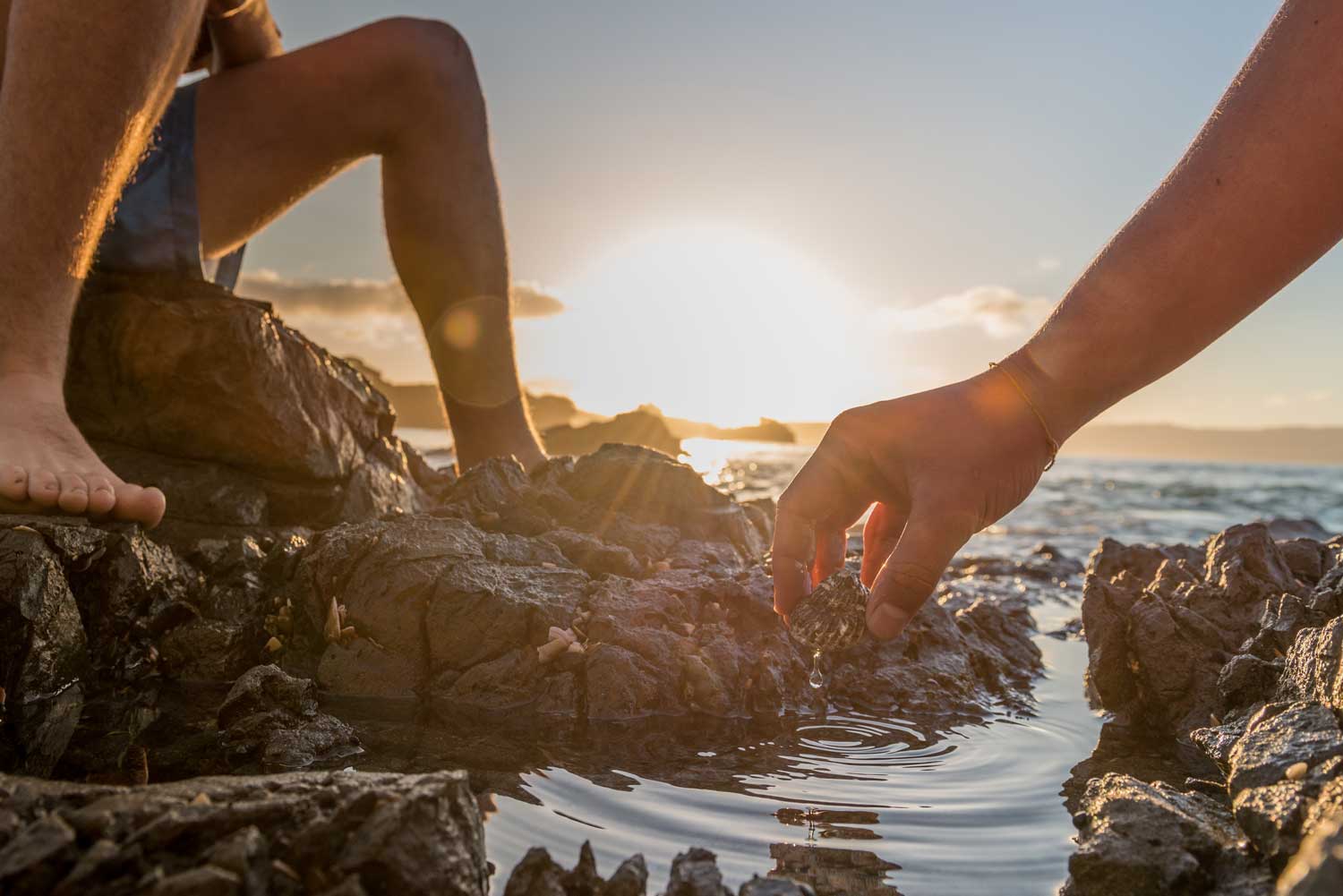
Negotiations and Colonisers
After the arrival of European colonisers, the term Māori was used as a collective reference for all Indigenous tribes and peoples in Aotearoa. Māori referred to these colonisers as Pākehā. Iwi negotiated the advent of literacy, religion, and other new technologies and systems they discovered, and sought out collaborative economic partnerships and opportunities.
The Europeans, however, aimed their sights on acquiring land, resources and power, taming and civilising the savage, and edging toward their goal of assimilation and colonial dominion. Missionaries, land speculators, and other colonising agents pushed dodgy land deals, preached the new world, and often saw Māori as children, puerile and backward.
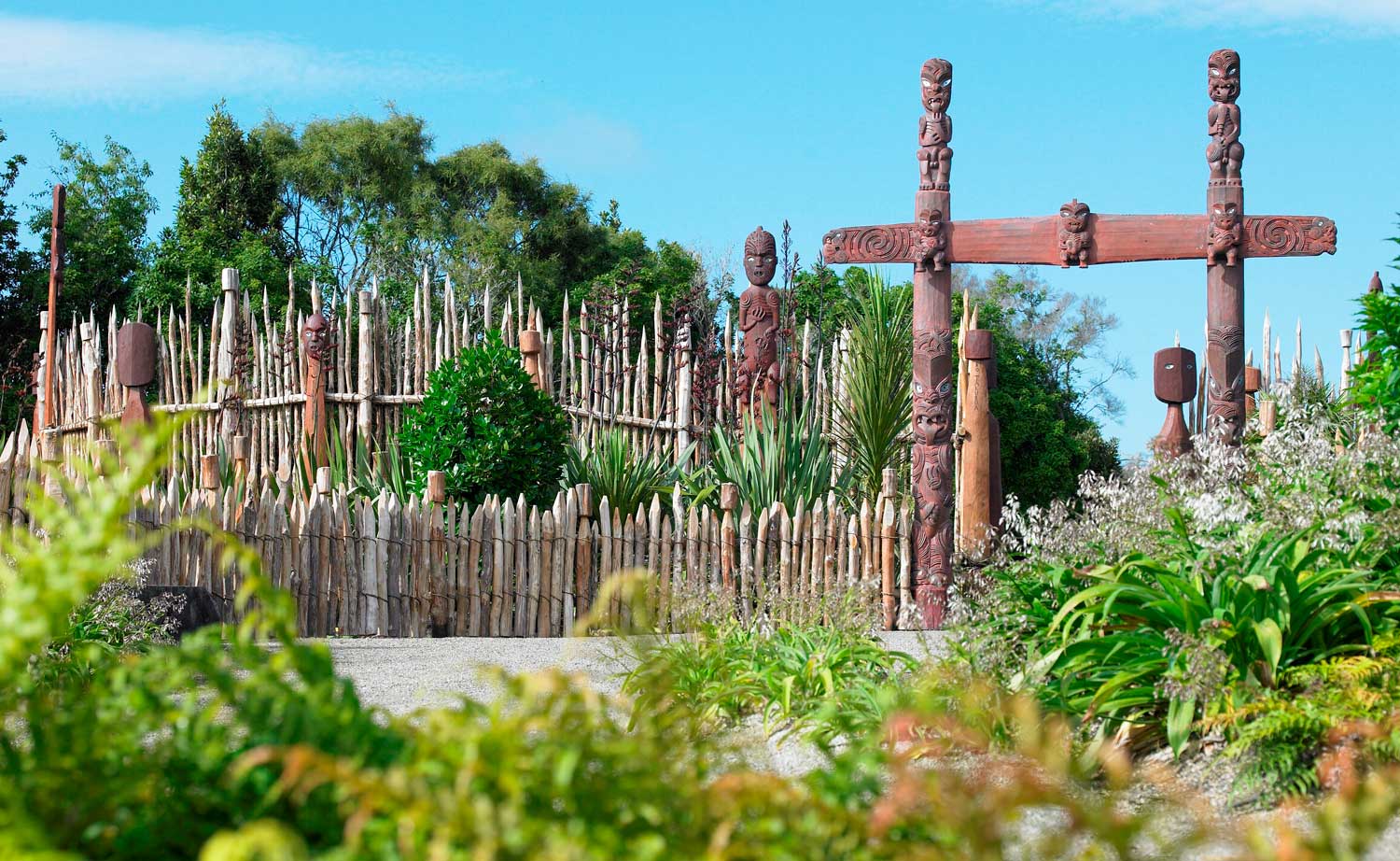
Treaties and Invasions
In 1835, He Whakaputanga, a Declaration of Independence was signed by northern tribes. By 1840, the British representative William Hobson proposed another agreement, the Treaty of Waitangi, which was eventually signed by more than 500 Māori signatories. Not all Māori signed the Treaty, and its interpretation has been a matter of debate to this day. The key contention – that Māori ceded sovereignty – has been refuted by Māori who argue that the agreement should have guaranteed their chieftenship and mana and that a co-governing arrangement should have occurred afterward.
Following the signing of the Treaty, Pākehā colonisers assumed they exercised sole governing power. Over the next 170 years they invaded Māori territories, shot, killed, raped, and imprisoned many of those whom they believed to be in rebellion. The colonisers passed policies to remove the Māori language from schools, alienate Māori from their own land, and diminish and control Māori leadership.
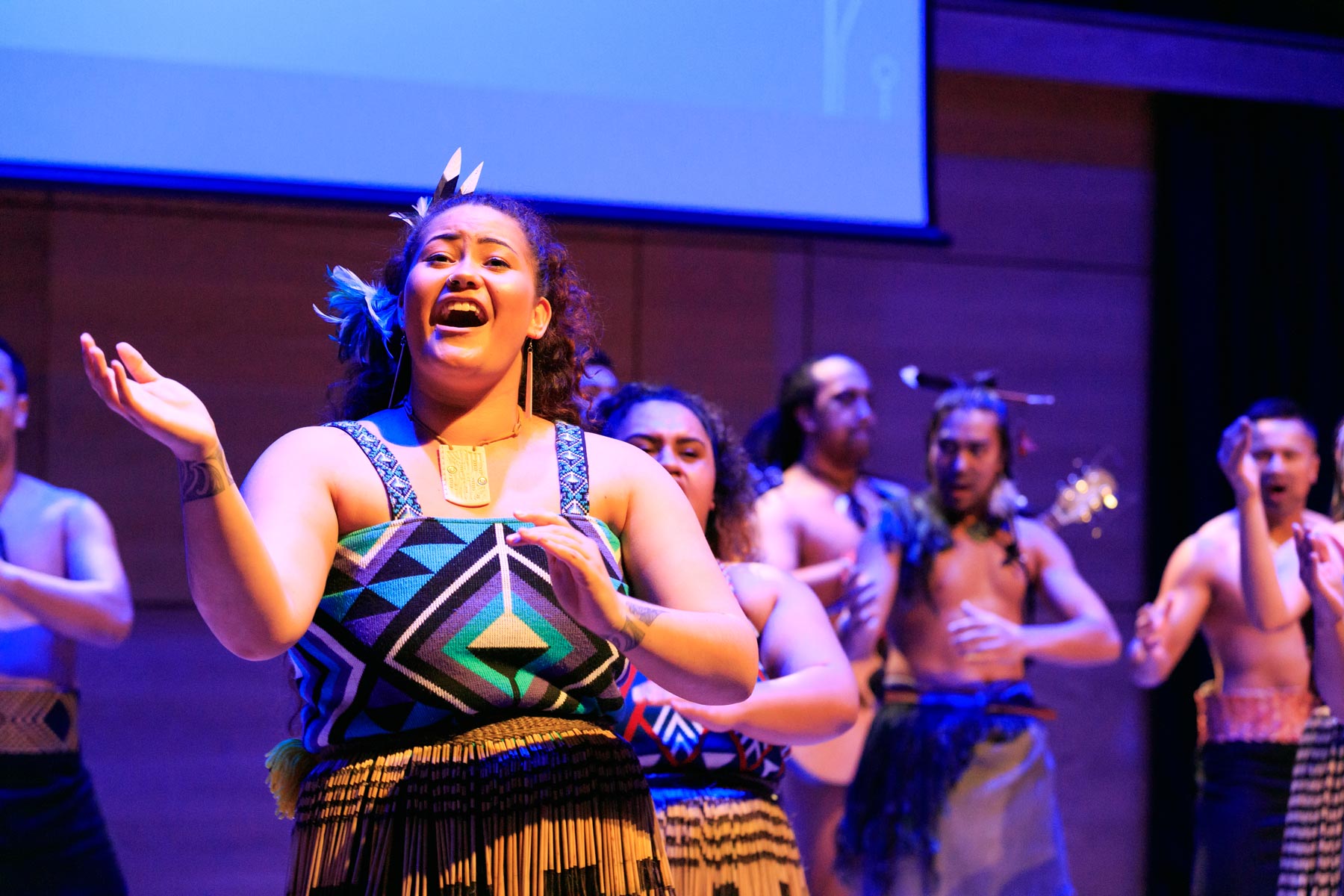
Ka Whawhai Tonu Mātou
Toward the end of twentieth century, Māori activists and protestors fought to restore the Indigenous rights of their communities. Māori language schools were established, and opportunities to revisit historic grievances and land claims enabled tribes to reach settlement agreements with the Crown.
Many tribes have now signed “settlement” agreements, but these are only for some historic injustices. Māori are still fighting to improve the lives of our people, waters and lands, to have our history and knowledge centred in the New Zealand education system, to heal our trauma, lift our people out of poverty, remove drug and alcohol abuse from our communities, reduce the number of our people incarcerated in prisons and families effected by suicide, and revitalise our language.
In the 1860s, at the height of Pākehā colonial invasion, the assertion “Ka whawhai tonu mātou” –“We shall fight on forever” was loudly and collectively proclaimed at the Battle of Orakau. Today, Māori continue that struggle to decolonise this world and to indigenise it for the betterment of all those who reside in Aotearoa.
